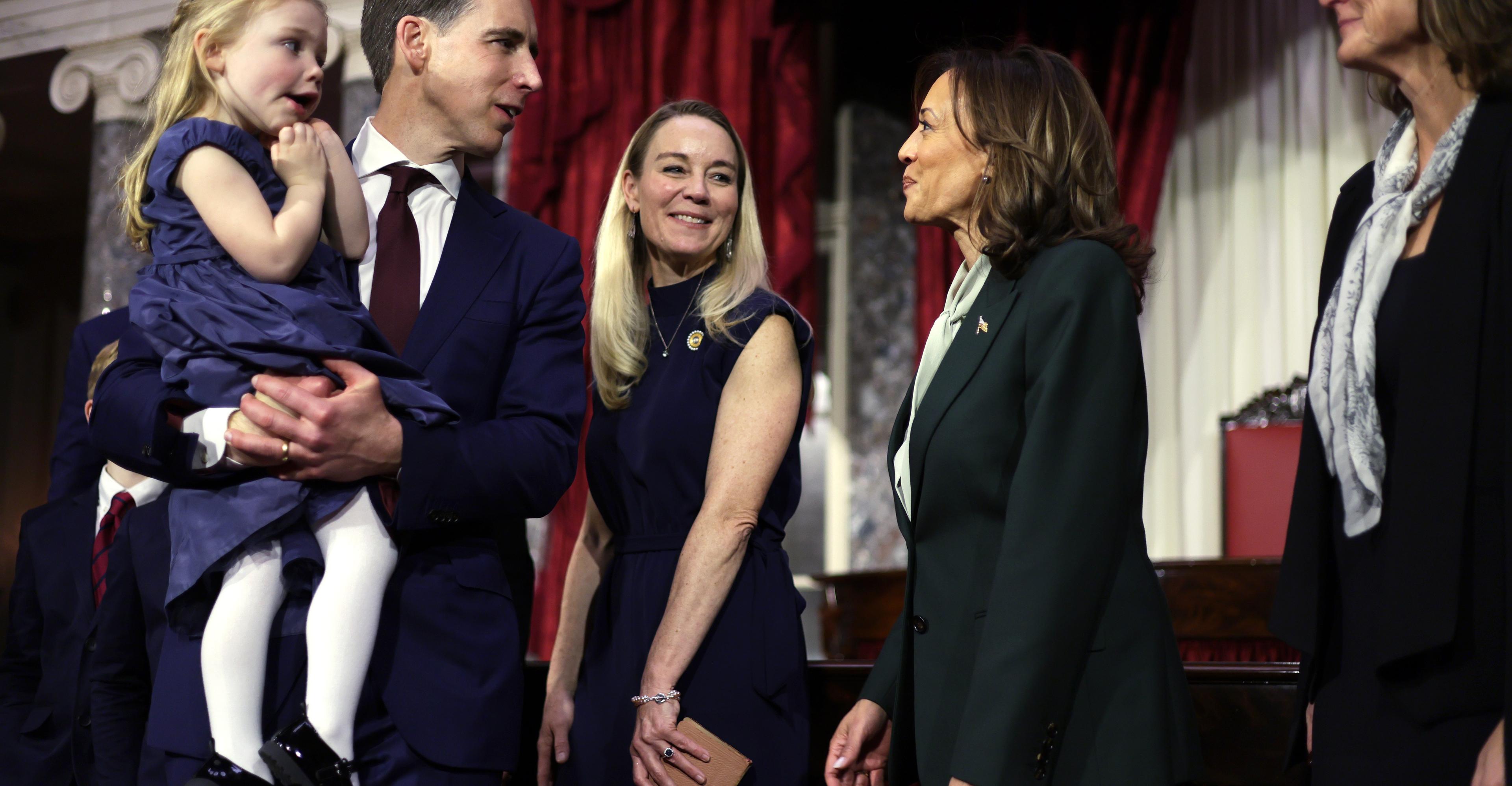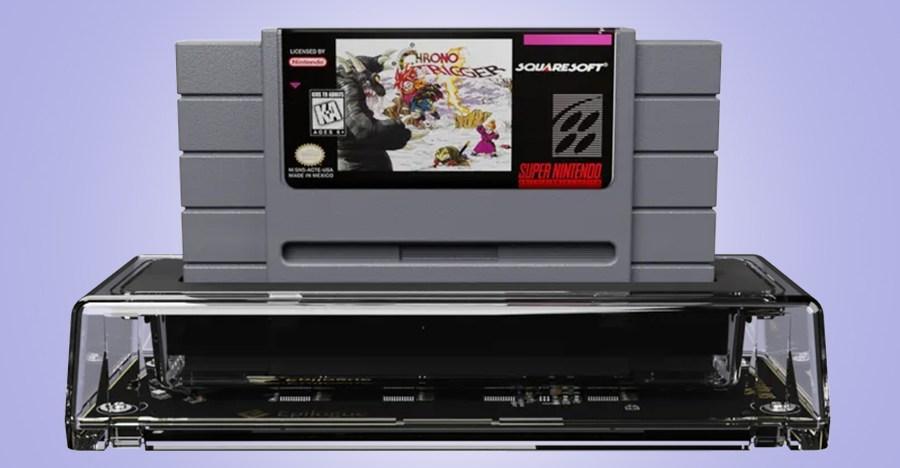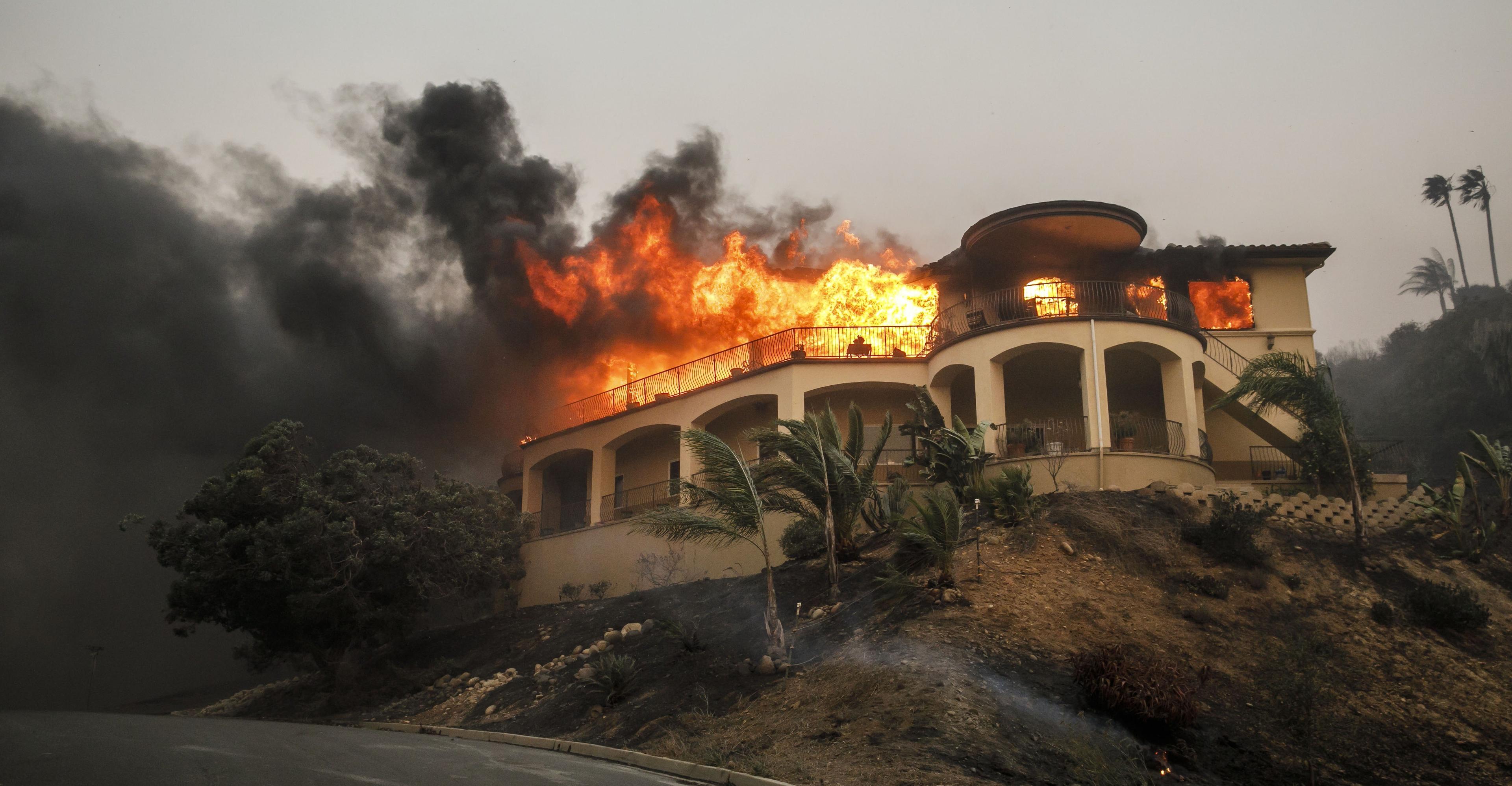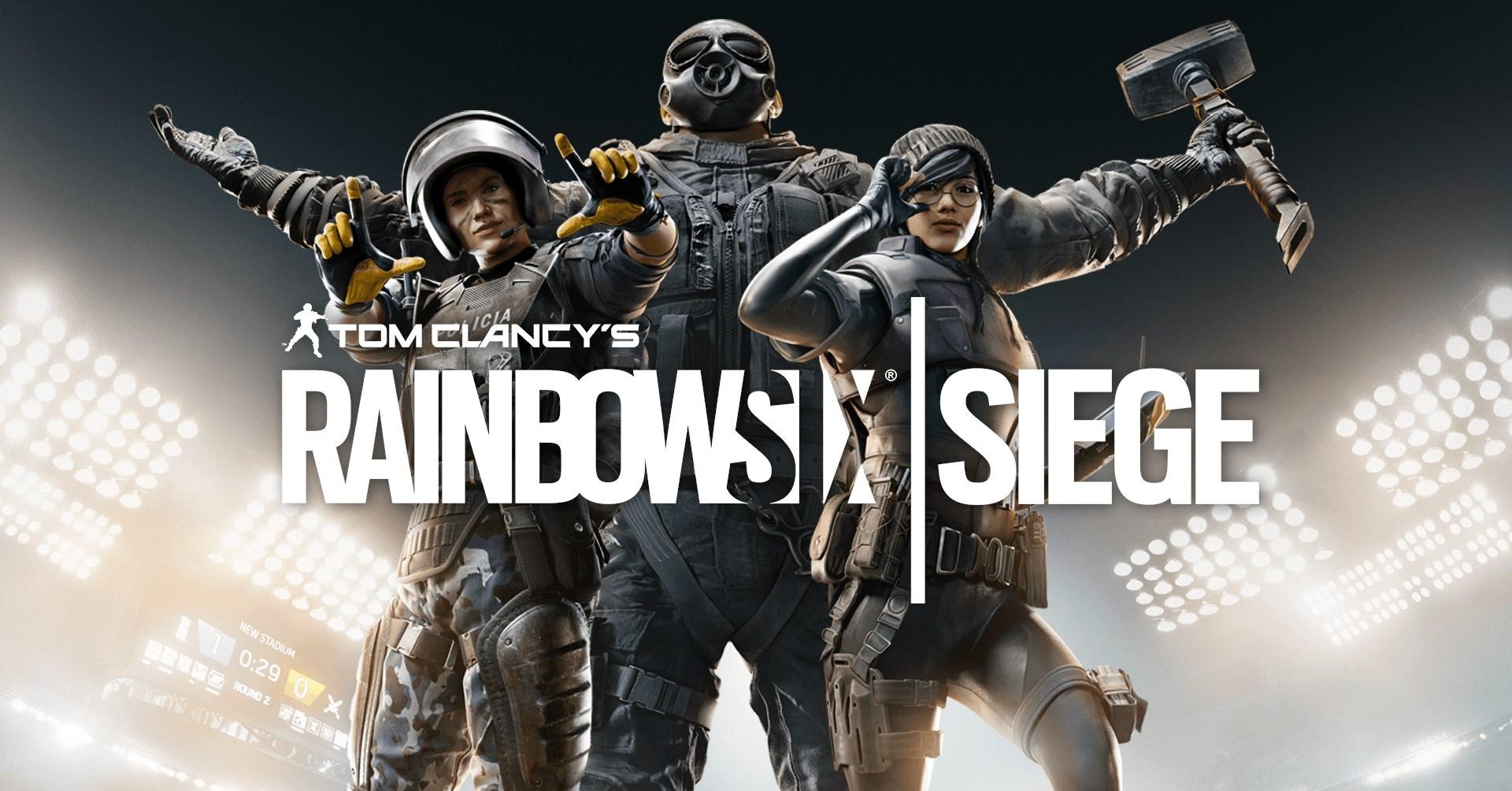Over the past few months, events in the Middle East have been giving the world a crash course in escalation management — or, more accurately, the failure to manage escalation. Despite the ongoing carnage in Gaza, the region is not quite in the state of all-o…

Published ایک سال قبل on اگست 2 2024، 12:00 شام
By Web Desk

Over the past few months, events in the Middle East have been giving the world a crash course in escalation management — or, more accurately, the failure to manage escalation. Despite the ongoing carnage in Gaza, the region is not quite in the state of all-out war that many have feared since last October. But it has lurched much closer to one that state over the past few days with a series of dramatic and violent developments, including the assassination on Tuesday night of Ismail Haniyeh, the political leader of Hamas, in the Iranian capital of Tehran Haniyeh’s killing came just hours after an Israeli airstrike in Beirut, Lebanon, killed a senior commander of Hezbollah. That attack was in retaliation for a Hezbollah rocket strike that killed 12 children on a soccer field in the Israeli-controlled Golan Heights on Saturday. There’s more: On Tuesday, the US carried out a strike against an Iran-backed military group in Iraq, following several recent attacks on US forces in the region. Such tit-for-tat strikes between Iran-backed militants and regional US forces were common in the months following October 7, but almost none had taken place since early 2024. This raises concerns that the latest burst of violence could mark a troubling return to a period of near-open conflict between the US and Iranian proxies. Recent days have also seen Israel carry out airstrikes in Yemen for the first time, responding to a drone strike on July 19 by Yemen’s Iran-backed Houthis that killed one person in Tel Aviv. Just how high are the risks? Haaretz reports that earlier this month, the Institute for National Security Studies, an Israeli think tank, conducted a war game that began with a “mysterious assassination in Tehran that was attributed to Israel.” The game ended, ominously, with US airstrikes on Iran and an all-out regional war. Games like this are meant to help policymakers map out potential scenarios, not predict the future. And strange as it may seem given days of strikes and counterstrikes in a region that has remained on edge for months, all of the actors — Israel, Iran, Hezbollah, and the US — are still likely trying to keep it to a manageable level. “It’s the ultimate paradox. We’re getting closer to a war, but war is still unlikely because nobody wants it,” Bilal Saab, a former Defense Department official and Middle East analyst, told Vox. But there have been many wars throughout history that were started without anyone actively desiring one. The paradox is that even if Israel and Iran don’t want war, their actions are only making one more likely. Killing the negotiator Haniyeh, 62, had been a member of Hamas since its founding in the 1980s and served for a time as prime minister of the Palestinian Authority after Hamas’s victory in the 2006 Palestinian elections. Haniyeh left Gaza in 2019 and resided mainly in the Qatari capital of Doha. He served as the group’s public face and international representative but had little day-to-day control of its operations in Gaza, which were overseen by Yahya Sinwar, the group’s leader within the enclave. Three of Haniyeh’s children and several of his grandchildren had already reportedly been killed by Israeli strikes within Gaza. Given his distance from the front line in Gaza, Haniyeh’s killing is likely to have little impact on Hamas’s conduct of the war with Israel. It is, almost certainly, a body blow to ongoing ceasefire negotiations between Israel and Hamas, which a US official described last week as being in the “closing stages.” Haniyeh was far from a “moderate” in any reasonable sense of the word, but according to some reports, within the Hamas leadership he was the strongest advocate for a ceasefire. On Wednesday, the prime minister of Qatar, where the group’s political leadership is based and which has served as a mediator in the talks, tweeted, “[H]ow can mediation succeed when one party assassinates the negotiator on the other side?” If Haniyeh’s killing again puts a ceasefire out of reach, that’s grim news for the people of Gaza, where fighting is ongoing and where more than 39,000 people have already been killed since Hamas attacked Israel on October 7, according to the Gaza Health Ministry. It also raises the risk of the conflict spreading. Hezbollah has been launching rockets and drones against northern Israel and Israel has been responding in kind since the very beginning of the war. Though the heavily armed militant group likely wants to avoid another all-out war with Israel — it suffered significant losses the last time that happened, in 2006 — it can’t halt its attacks as long as the war in Gaza continues without losing credibility as an opponent to Israel. That almost surely means more incidents like the one that killed 12 children in a Druze village in the Israeli-controlled Golan Heights on Saturday. (Hezbollah denied responsibility but did admit to several barrages of rockets at northern Israel that day.) “Every day that there’s not a ceasefire in Gaza, the northern border is becoming more and more hot,” Vali Nasr, a professor at the Johns Hopkins School of Advanced International Studies, told Vox. “And also Iran and Houthis and others are becoming more directly involved in the war. It’s becoming more difficult to manage the situation.” And while Hezbollah’s retaliation could be meaningful, the real question is what Iran will do after Israel has managed to penetrate its defenses and kill a high-profile ally under its protection. How will Iran respond? “It seems very likely to me that Hezbollah is going to have to take some sort of escalatory action,” Jonathan Lord, a former Pentagon official director of the Middle East Security program at the Center for a New American Security, told Vox. “And because Israel struck Haniyeh inside Tehran, Iran also is going to need to likely take some sort of action to restore confidence in their national sovereignty.” Israel is believed to have carried out several assassinations on Iranian soil in recent years, mainly of figures involved in Iran’s nuclear program, though the Israeli government almost never publicly acknowledges these actions and has not done so in this case. The killing of an official as prominent as Haniyeh, though, and the fact that he was in Tehran for the inauguration of Iran’s new president raise the profile of the incident and the pressure on Iran to respond. Iran’s supreme leader, Ayatollah Ali Khamenei, vowed to retaliate, saying, “We consider his revenge as our duty.” In April, after Israel carried out an airstrike in Damascus, Syria, that killed a senior Iranian general at an Iranian diplomatic building, Tehran responded by launching hundreds of missiles and drones at Israel. This was unprecedented — Iran generally strikes Israel via proxy groups rather than directly — but also seemed deliberately calibrated to avoid escalation. While Iran has hypersonic missiles in its arsenal, it used slower-moving weapons, most of which were intercepted. Only one civilian in Israel was seriously injured. The New York Times reported on Wednesday that Khamenei has issued an order for Iran to again directly strike Israel, but the nature of escalation is that the ante has to be raised. Israel may also not be Iran’s only target of retaliation. US Secretary of State Antony Blinken said on Wednesday that the killing of Haniyeh “is something we were not aware of or involved in.” This is likely true, but the Iranians aren’t buying it. In a letter to the UN Security Council, Iran’s representative condemned the US as well as Israel, writing, “This act could not have occurred without the authorization and intelligence support of the US.” Ali Vaez, director of the Iran Project at the International Crisis Group, told Vox that Iran’s response is likely to be an “Axis-wide retaliation against the US and Israel.” (The “Axis of Resistance” is the umbrella term for the network of Iran-backed proxies that includes Hezbollah, Hamas, the Houthis, and several militias in Syria and Iraq.) “That means coordinated, simultaneous attacks, which, of course, are much more perilous and much more difficult to contain,” Vaez added. It also means that whatever form Iran’s retaliation takes, the US and its troops and interests in the region may be on the receiving end of it. The crisis is a trial by fire for Iran’s new president, who is literally in his first week on the job. Masoud Pezeshkian’s swearing-in was accompanied by chants of “death to America” and attended — in addition to Haniyeh — by representatives of the Houthis, Hezbollah, and other Axis of Resistance groups. But Pezeshkian is considered a moderate compared to his predecessor, Ebrahim Raisi, who was killed in a plane crash in May. The hope is that Pezeshkian may be more open to negotiation with the United States. “This new president came into office, I believe, with the blessing of a supreme leader, to test the waters again about arriving at some kind of negotiated settlement with the United States,” said Nasr. President Joe Biden came into office in 2021 vowing to revive the nuclear deal with Iran, which was negotiated under Barack Obama in 2015 before being abandoned by Donald Trump in 2018. The Iranians have been moving ahead with their nuclear program in recent weeks, according to statements by US officials. While Iran and the US have been able to compartmentalize their relations in the past — holding nuclear talks even as militias and the US military traded fire — depending on what form Iran’s retaliation takes, that may prove impossible this time around Closer to Israel, the US is also likely keeping a wary eye on further escalation between Israel and Hezbollah, arguably the most powerful non-state military in the world. Secretary of Defense Lloyd Austin said on Tuesday that he doesn’t see full-scale war as “inevitable,” but that if it breaks out, “We will help Israel defend itself.” Given all these events, one might reasonably ask what sort of “escalation” can still occur, short of all-out regional conflict. Israel and Hezbollah are still not fighting on the ground. There’s still no sustained fire between Israel and Iran. US troops are still not directly involved in the fighting, beyond carrying out periodic airstrikes and coming under the occasional fire from militants. Still, the guardrails are getting weaker, the situation is getting more intense and dangerous. But this is the Middle East — things can always get worse.
Spinner Rashid Khan to lead Afghanistan in Twenty20 World Cup
- 6 گھنٹے قبل

Why conservatives should pay parents to stay home
- 19 گھنٹے قبل
Russia will win in Ukraine, Putin says in New Year address
- 6 گھنٹے قبل

The year of ‘decentering men’
- 19 گھنٹے قبل

GOG’s Steam-alternative PC game store is leaving CD Projekt, staying DRM-free
- 21 گھنٹے قبل
14 killed, 20 wounded in bus-van collision in Jhang
- 4 گھنٹے قبل

Zohran Mamdani on his mayoral transition and what comes next
- 19 گھنٹے قبل
World begins to bid goodbye to 2025 with fireworks and icy plunges
- 4 گھنٹے قبل

Turn your PC into a Super Nintendo with Epilogue’s new USB dock
- 21 گھنٹے قبل
NA Speaker, Indian FM meet on sidelines of Khaleda Zia’s funeral in Dhaka
- 7 گھنٹے قبل
Any breach of territorial integrity to face decisive response, says COAS Munir
- 7 گھنٹے قبل

In America, surviving a disaster increasingly depends on what you can afford
- 18 گھنٹے قبل
You May Like
Trending





